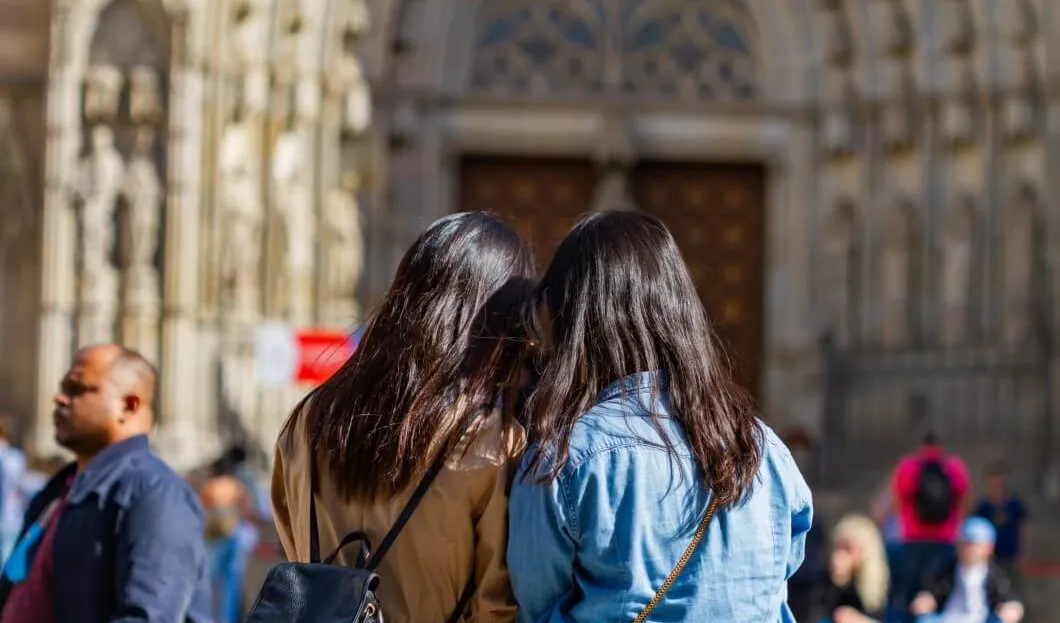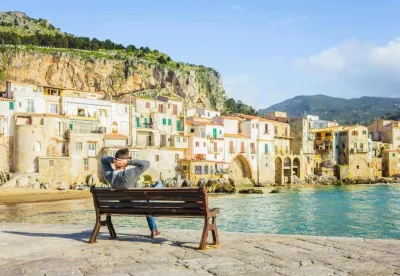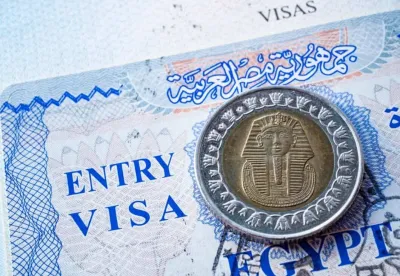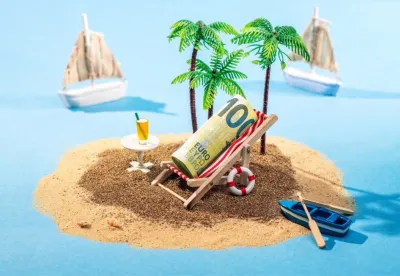
Visitors once again crowd the narrow streets of Barcelona's Gothic Quarter as global travel rebounds from the pandemic, reigniting tensions around mass tourism in the Spanish port city.
Hotel occupancy in the city rose in April, which included the Easter long weekend, to nearly 85%, close to its pre-pandemic levels, according to the Barcelona Hotel Guild.
"There are more and more cruise ships, more and more tourism, more and more massification," said Marti Cuso, a high school biology teacher who has long been an activist against mass tourism invading downtown.
After receiving a record of nearly 12 million visitors to its hotels and tourist apartments in 2019, arrivals fell 76.8 percent in 2020, mirroring declines across Europe. The pandemic also showed the dangers of a "tourism-based economic monoculture. The majority of residents who worked in tourism found themselves out of work overnight. Tourist arrivals in Barcelona had been growing steadily before the pandemic, and the tourism sector accounted for about 15 percent of the economy of Spain's second-largest city before the health crisis.
Out of Control
The tourism boom has triggered a violent response, with regular protests, including one in 2017 where vigilantes slashed the tires of an open-top tourist bus and spray-painted its windshields.
Barcelona residents identified tourism as the city's main problem in a survey conducted that year by the city council.
"We must change the model to reconcile the two worlds. We cannot have on one side the city of tourists and on the other the city of locals," explains Francesc Munoz, who directs an observatory studying urbanization at the Autonomous University of Barcelona.
With terraces once again full of tourists drinking sangria, Barcelona's left-wing city council recently said it was planning new measures to tame the area. Access to the busiest places could be restricted and the circulation of tourist buses more regulated.
Barcelona City Council has already cracked down on illegal listings on online rental companies like Airbnb and banned tourist groups from entering the historic La Boqueria market during peak hours.
"Tourism is an important economic, social and cultural asset for Barcelona," said Xavier Marce, the city tourism councilor. "We need to maximize the benefits and control the damage. This is the debate that all European cities are having," he added.
Finding a Balance
Marce rejected the argument that the city did not use the two-year decline in arrivals due to the pandemic to change the city's tourism model.
"Two years have not been wasted. It is very difficult to solve the problems of tourism when there is no tourism," he pointed.
Authorities understand the concerns of residents but believe that formulas must be found to maintain an activity that supports many residents and assure that the balance will be found.
Anti-mass tourism experts point out that nobody is asking for zero tourism. There will always be tourism, but the city should be diverse, and the tourism should coexist with other types of economic and social activities.










